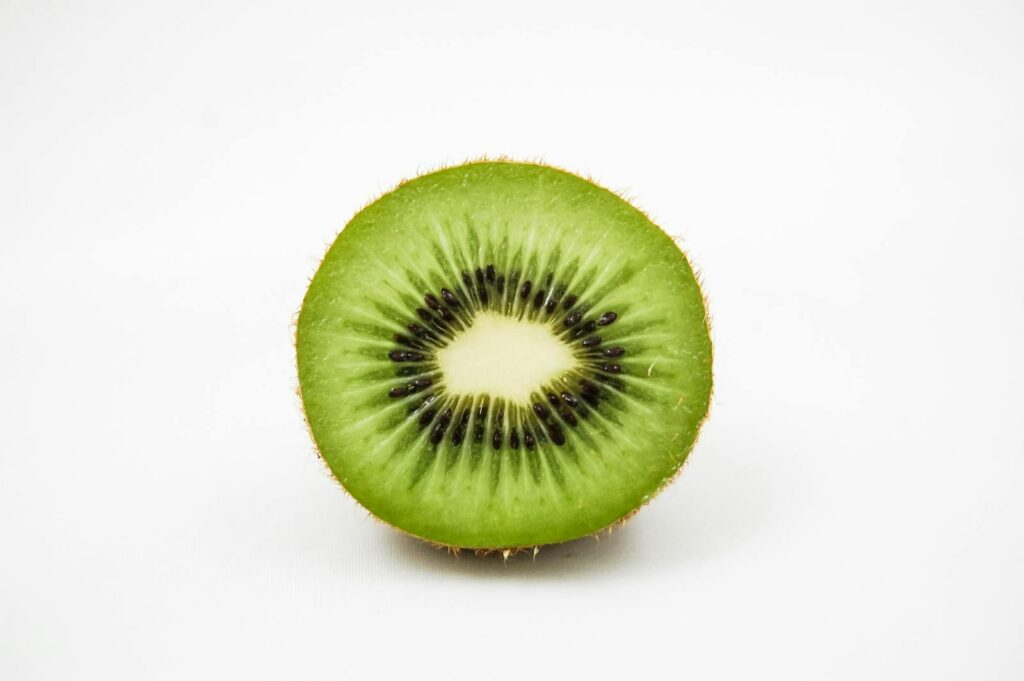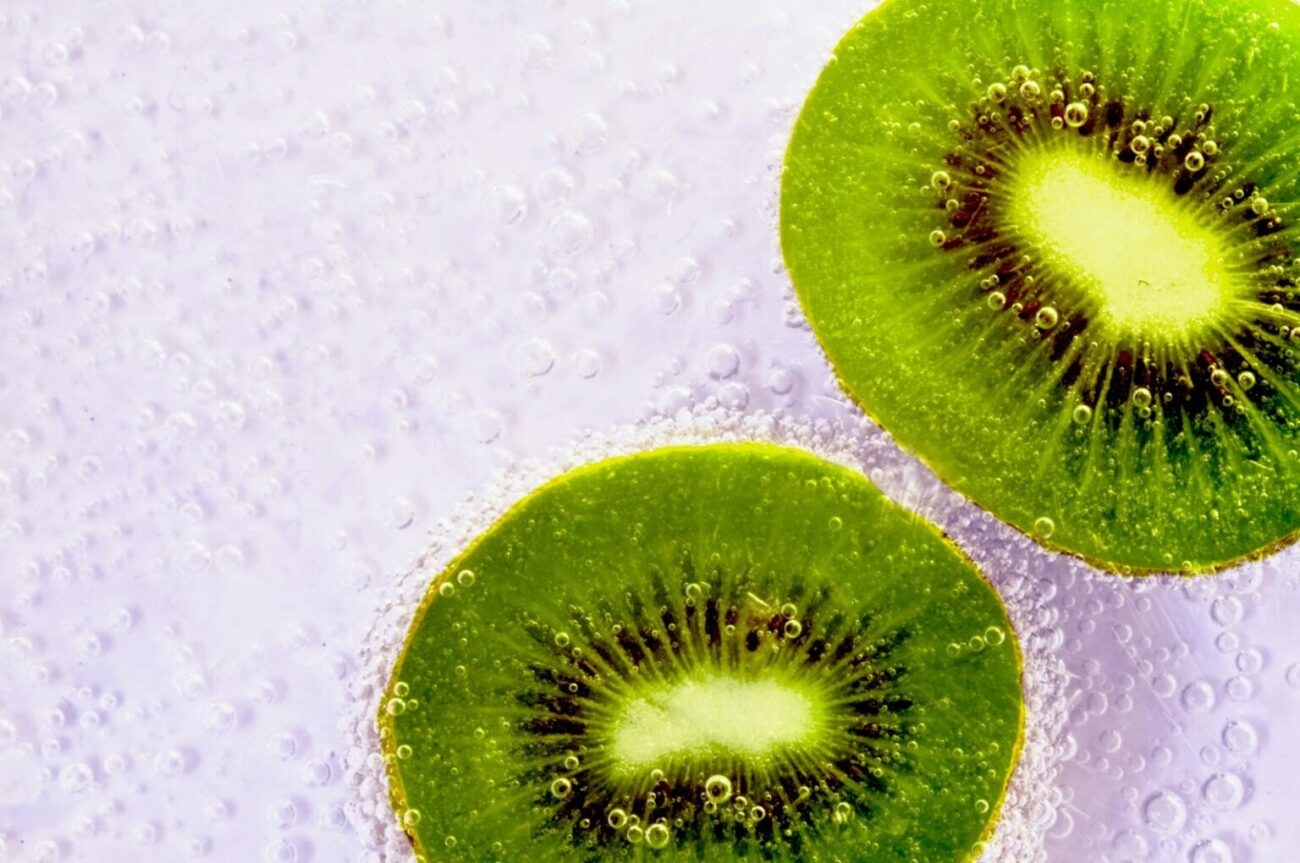Vibrant green on the inside, fuzzy on the outside, and bursting with flavor, kiwifruit (also known simply as kiwi) is more than just a colorful addition to your fruit salad. Behind its tart-sweet taste lies a powerhouse of nutrients that can boost your health in multiple ways.
But like any superfood, kiwifruit isn’t perfect for everyone. It’s important to understand both its benefits and contraindications, so you can enjoy it safely and mindfully.
🍃 The Health Benefits of Kiwifruit
1. Rich in Vitamin C
Kiwifruit contains more vitamin C than an orange, making it an excellent ally for your immune system. Just one medium kiwi can provide more than 70% of your daily vitamin C needs, helping to fight off infections and reduce oxidative stress.
2. Aids Digestion
Kiwi is packed with dietary fiber and an enzyme called actinidin, which helps break down proteins and supports digestive health. It’s particularly beneficial after heavy meals or for people dealing with sluggish digestion.
3. Supports Heart Health
The combination of fiber, potassium, antioxidants, and natural blood-thinning properties in kiwi can help lower blood pressure, reduce LDL cholesterol, and decrease the risk of blood clots—contributing to a healthier cardiovascular system.
4. Improves Skin Health
Thanks to its high vitamin C content and antioxidants like vitamin E and polyphenols, kiwifruit promotes collagen production and protects skin cells from premature aging.
5. Enhances Sleep Quality
Some studies suggest that eating kiwi before bed may help improve sleep duration and quality, possibly due to its serotonin and antioxidant levels.
6. Boosts Iron Absorption
Pairing iron-rich foods with vitamin C–rich fruits like kiwi can enhance iron absorption, making kiwi a great addition to the diets of people with anemia or low iron levels.
⚠️ Possible Contraindications and Side Effects
While kiwifruit offers numerous health benefits, there are some situations where it might not be the best choice.
1. Allergic Reactions
Kiwi is a common allergen, especially in children and people with existing allergies to latex, bananas, or avocados (a condition known as latex-fruit syndrome). Symptoms may include itching, swelling of the lips or throat, hives, or digestive upset. In rare cases, severe allergic reactions (anaphylaxis) can occur.
2. Stomach Irritation
Due to its enzyme actinidin, kiwi may cause mouth tingling, irritation, or even mild sores, especially when eaten in large quantities. It may also lead to bloating or stomach upset in sensitive individuals.
3. Potential Drug Interactions
Kiwifruit has mild anticoagulant (blood-thinning) effects. If you’re taking blood thinners like warfarin, or have a bleeding disorder, speak to your doctor before consuming large amounts of kiwi regularly.
4. Oxalate Content
Kiwi contains oxalates, compounds that may contribute to kidney stone formation in people who are prone to developing them. Moderation is key for those at risk.
🥝 How to Enjoy Kiwifruit Safely
- Eat in moderation: 1–2 kiwis per day are generally safe and beneficial for most people.
- Choose ripe fruit: Soft, fragrant kiwis are sweeter and gentler on the mouth and stomach.
- Pair wisely: Combine kiwi with other fruits, yogurt, or oats for a balanced snack or breakfast.
- Watch for symptoms: If you’ve never eaten kiwi before, start with a small amount to test for sensitivity or allergy.

Kiwifruit is a nutritional gem—delicious, low in calories, and loaded with health benefits from digestion to immunity. However, it’s not without its risks, especially for those with allergies or specific medical conditions. The key is balance and awareness.
If you’re in the clear, go ahead and slice up a kiwi. Your taste buds and your body will thank you.
Have you experienced the benefits of kiwi—or any side effects?
Share your thoughts and tips in the comments!

